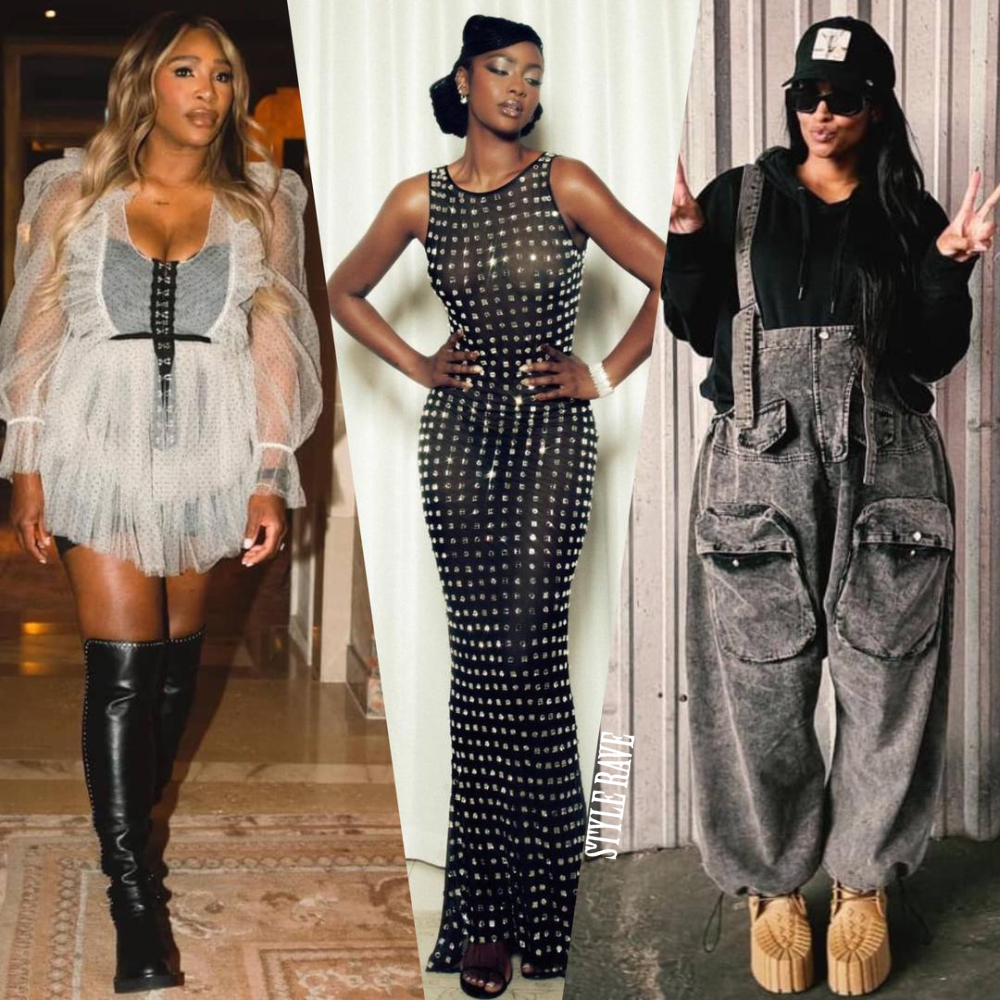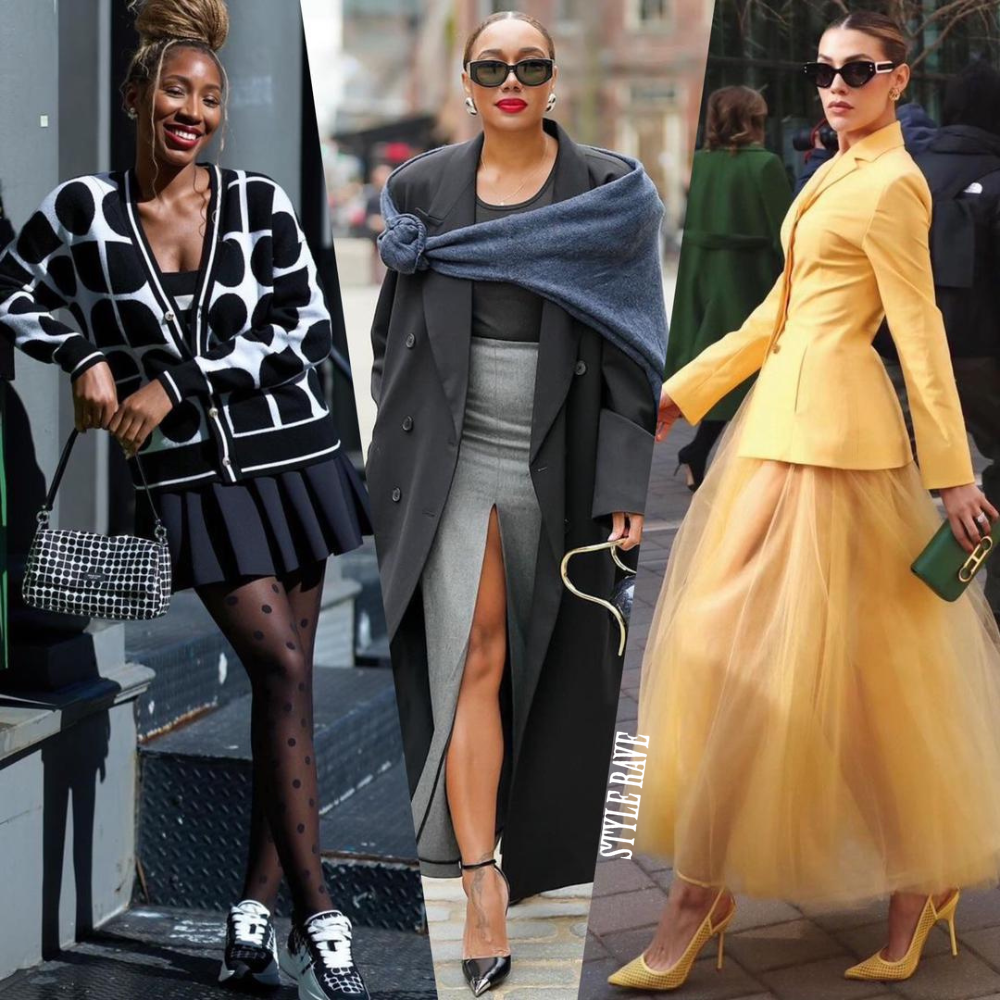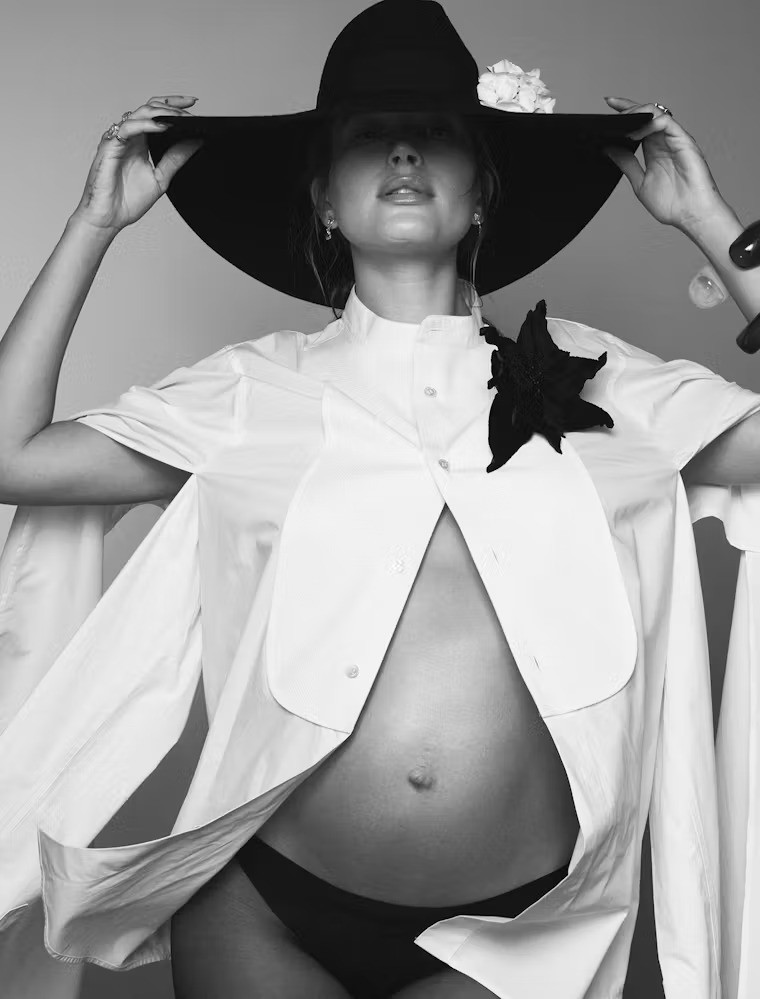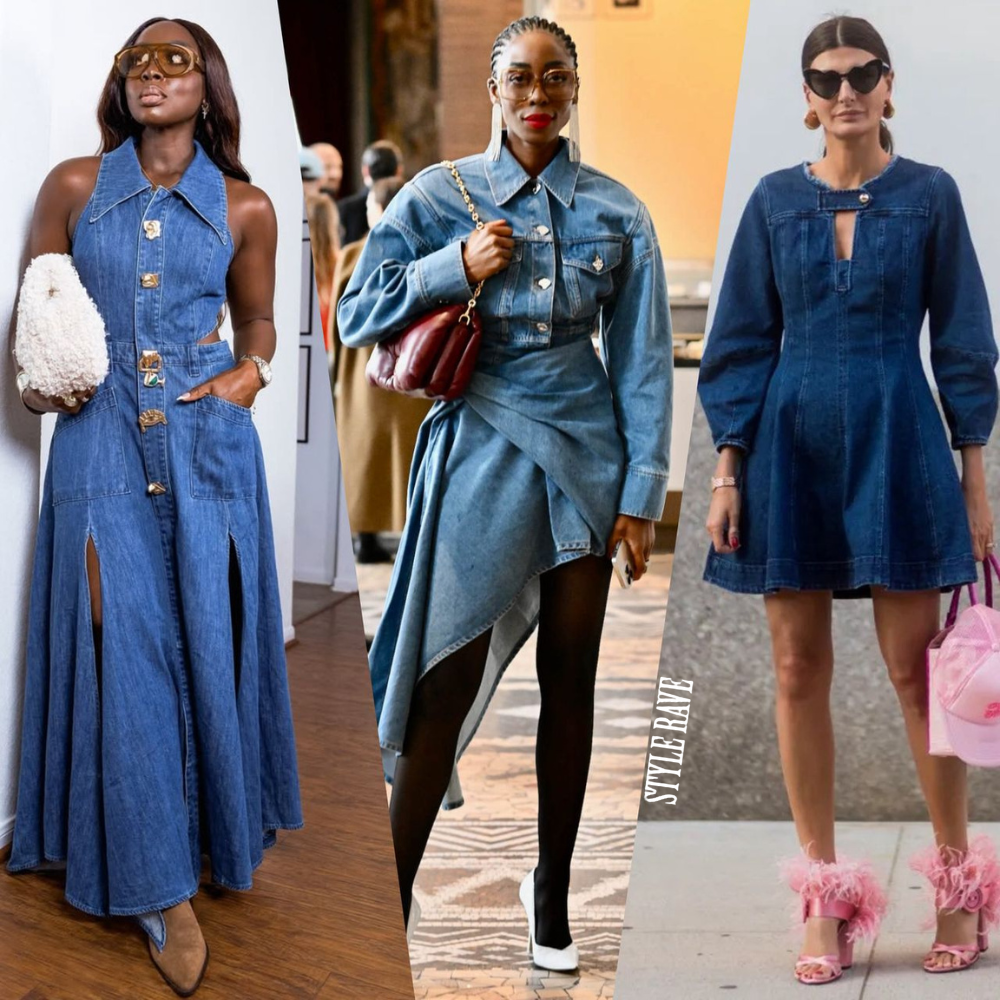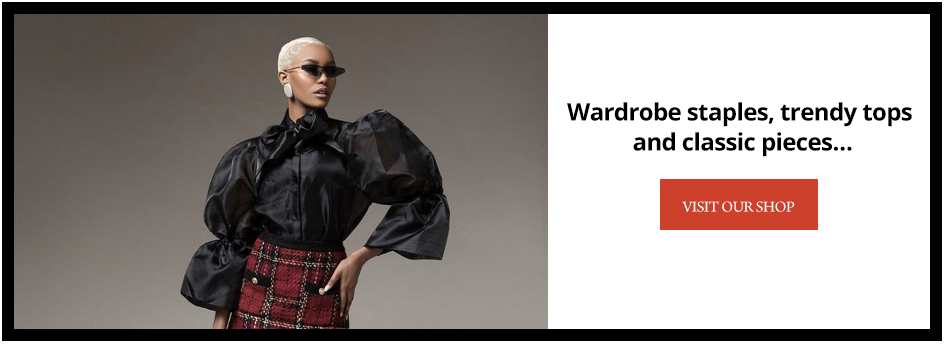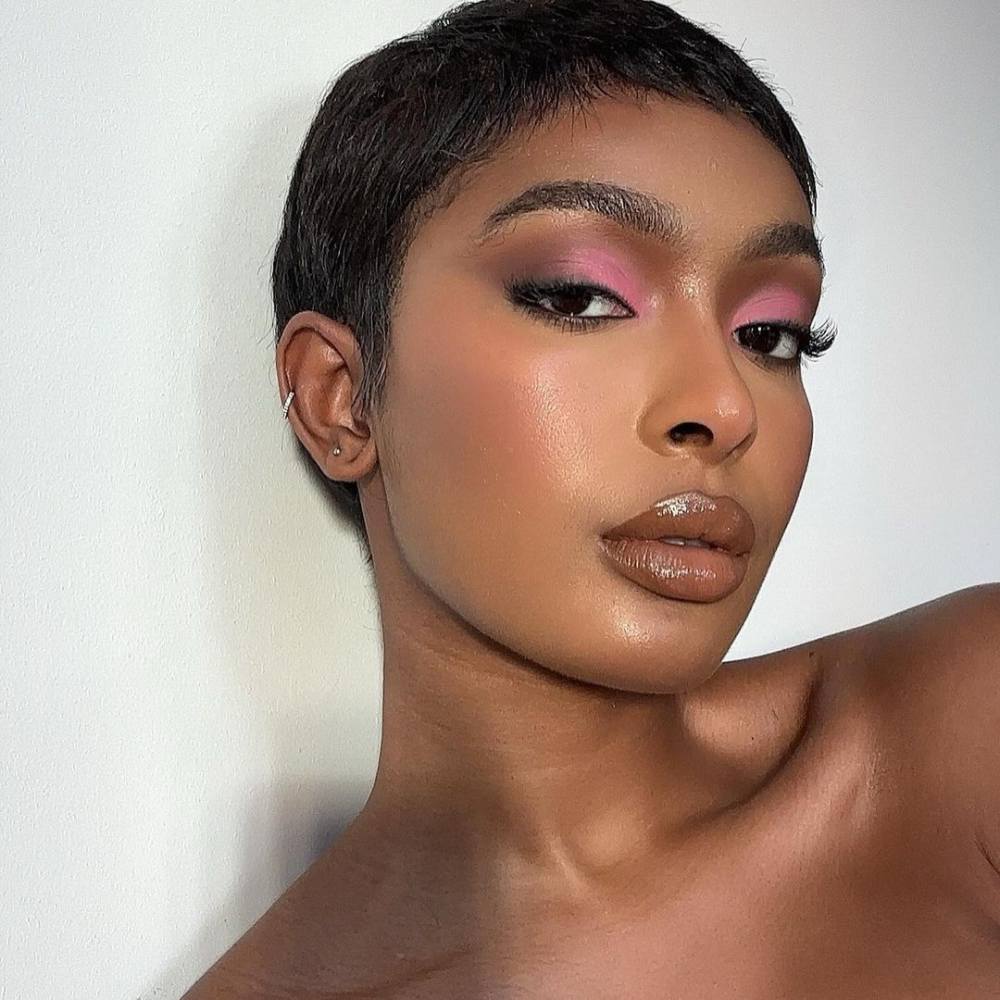
An enchanting wordsmith and style virtuoso. My collection of vintage…
The world of makeup is a double-edged sword. On one hand, it offers a confidence boost, allowing us to sculpt and enhance our features. Besides being a creative outlet, it can also be a form of self-expression and even a shield against the sun’s rays. On the other hand, makeup has been blamed for clogging pores, causing breakouts, and irritating skin. So, what’s the real story? Is makeup a friend or foe to our skin’s health?
Here are some facts about makeup and our skin health you need to know…
The allure of makeup: A confidence booster and a shield
There’s no denying the power of makeup to boost confidence. A touch of foundation can even out skin tone, a swipe of concealer can banish a pesky blemish, and a dash of mascara can make our eyes appear brighter and more awake. Makeup allows you to play with color and explore different aesthetics, whether it’s a dramatic smoky eye for a night out or a natural, everyday look.
Beyond aesthetics, some makeup products offer sun protection. Look for foundations and powders with SPF to provide an extra layer of defense against harmful UV rays. Remember, however, that SPF makeup isn’t a replacement for sunscreen; you still need to apply a broad-spectrum sunscreen daily.
The potential downside: When makeup misbehaves on our skin
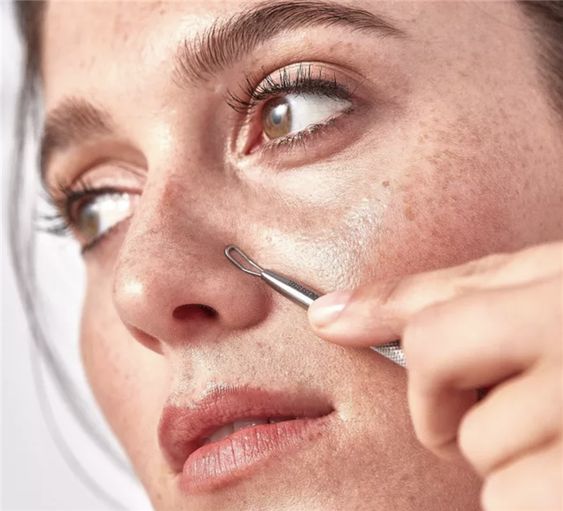
While makeup can be a wonderful tool, it’s important to be aware of its potential drawbacks. One major concern is clogged pores. Heavy makeup application, especially if not removed completely at night, can trap dirt and oil, leading to breakouts. Think of your pores like tiny air vents for your skin. Clog them up with makeup residue, and things can get congested fast!
Another concern is irritation. Not all makeup is created equal, and some products can trigger reactions, particularly for those with sensitive skin. Fragrances, certain chemicals, and even some natural ingredients can cause redness, itching, or dryness. Understanding your skin type and the ingredients in your makeup is crucial to avoiding irritation.
Finally, some makeup marketing terms can be misleading. Words like “hypoallergenic” or “natural” don’t always guarantee a product is gentle or free from potential irritants. It’s important to do your research and understand the ingredients before swiping that product on.
Striking the perfect balance: Makeup and skin health harmony
The good news? You can enjoy the benefits of makeup while minimizing potential harm. Here are some tips to achieve a flawless face without compromising your skin’s health:
- Know your skin type: The foundation (literally) for a good makeup routine is understanding your skin type. Is it oily, dry, combination, or sensitive? Once you know your skin type, you can choose formulated makeup products to address its needs.
- Choose quality over quantity: Invest in high-quality makeup that complements your skin. Look for non-comedogenic formulas (meaning they won’t clog pores) and choose products that address your specific concerns, whether it’s oil control, hydration, or sun protection.
- Remember that less is more: While a full-face beat can be glamorous for special occasions, a lighter approach is often better for your skin for everyday wear. Opt for a tinted moisturizer or BB cream for light coverage, and focus on enhancing specific features you love.
- Cleanse like a queen: What is the most important rule? Always remove your makeup completely before bed. This prevents product buildup, which can clog pores and lead to breakouts. Cleanse your skin with a gentle makeup remover suitable for your skin type.
- Avoid sharing makeup: Sharing makeup brushes, sponges, and applicators can spread bacteria, which can lead to breakouts for both parties. Keep your makeup tools clean and avoid sharing them with others.
- Consult a dermatologist: Feeling overwhelmed by the vast array of makeup options? A dermatologist can be your best friend in this journey. They can analyze your skin, recommend products that work best for your unique needs, and offer personalized advice on incorporating makeup into your skincare routine.
The takeaway: A beautiful partnership
When used wisely, makeup can be a powerful tool for self-expression and confidence. However, it’s essential to prioritize your skin’s health. By understanding your skin type, choosing the right products, and following a healthy skincare routine, you can achieve a flawless look that keeps your skin happy and glowing.
Remember, makeup isn’t a mask; it’s an enhancement. Embrace your natural beauty and use makeup to highlight your features and express yourself creatively. With a little knowledge and the right approach, makeup and skin health can become a beautiful partnership.
Featured image: @jourdanriane/Instagram
For the latest in fashion, lifestyle, and culture, follow us on Instagram @StyleRave_
–Read also
–Read also
An enchanting wordsmith and style virtuoso. My collection of vintage scarves reflects my love for stories, beauty and style. Each scarf whispers its tale of inspiration. At Style Rave, we aim to inspire our readers by providing engaging content to not just entertain but to inform and empower you as you ASPIRE to become more stylish, live smarter and be healthier. Follow us on Instagram @StyleRave_ ♥

